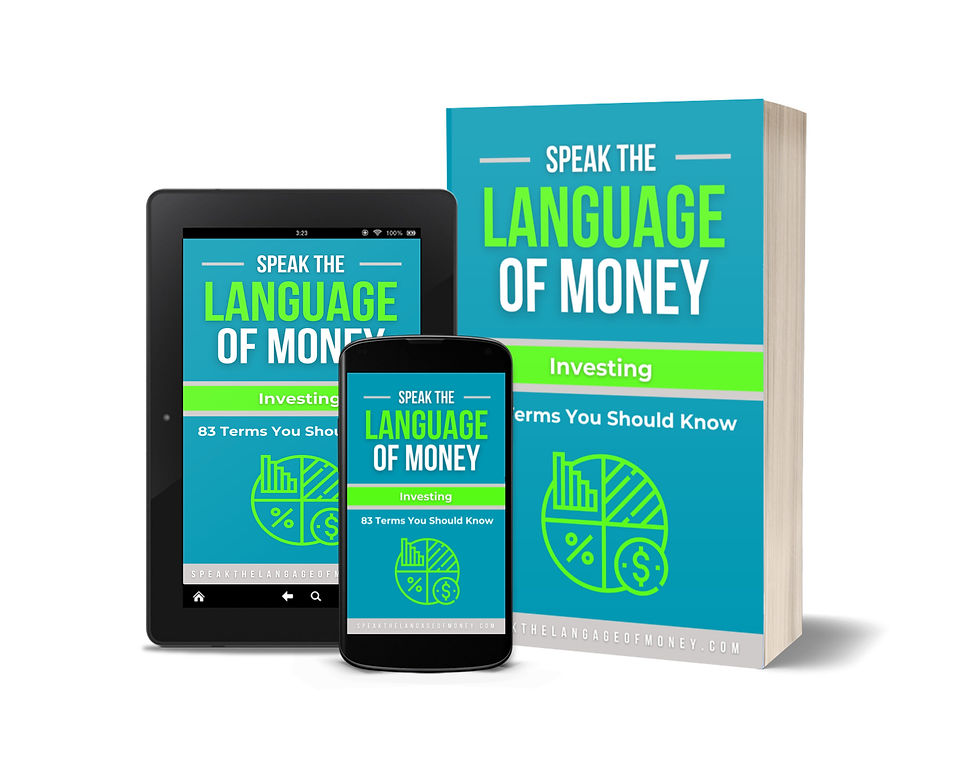Financial Word of the Day: MSCI
- Larry Jones

- Sep 23, 2025
- 2 min read

Introduction
If you’ve been around investing conversations for long, you’ve probably heard someone throw out the term “MSCI” like everyone in the room should just know what it means. Let’s clear that up today so you can not only understand it but also drop it into a conversation with confidence.
Definition of MSCI
MSCI stands for Morgan Stanley Capital International, a company that provides some of the most widely used investment indexes and analytics in the world. Think of MSCI as the “scorekeeper” for global stock markets.
When you hear about funds that track the MSCI World Index or the MSCI Emerging Markets Index, what they’re really doing is following the performance of groups of stocks MSCI has bundled together. These indexes help investors know how a certain slice of the market is performing without needing to follow every single company individually.
Why Does MSCI Matter?
Indexes like MSCI’s are important because they serve as benchmarks. Fund managers, retirement plans, and even your everyday index funds use MSCI indexes to measure performance.
For example:
If your 401(k) is invested in an international stock fund, there’s a good chance it’s tied to the MSCI EAFE Index (EAFE = Europe, Australasia, and Far East).
If you own an “emerging markets” ETF, it might be tracking the MSCI Emerging Markets Index—giving you exposure to growing economies like India, Brazil, or South Africa.
Basically, MSCI has carved up the investing world into neat categories that make it easier for investors to diversify, compare, and decide where to put their money.
A Quick Example
Let’s say you’re chatting with a co-worker who mentions their portfolio did really well last year because they had money in emerging markets. They might add, “My fund tracked the MSCI Emerging Markets Index, which was up double digits.”
Now you know exactly what they mean: their fund mirrored the performance of that specific MSCI benchmark.
How This Helps You Make Money
Knowing about MSCI can help you:
Choose Better Investments – When you’re picking funds, you can look under the hood and see which MSCI index they follow. This gives you clarity on what you’re actually invested in.
Stay Diversified – MSCI indexes cover global regions, so you can balance your portfolio between the U.S., developed international markets, and emerging markets.
Measure Performance Accurately – Instead of guessing if your fund is “doing well,” you can compare it directly to its MSCI benchmark.
Bottom Line
MSCI is not a stock, it’s not a fund—it’s the company behind many of the indexes that guide investors worldwide. Think of MSCI as the “mapmaker” of the investing world. If you want to know where you’re going (and whether you’re getting there faster than others), you need their maps.
Conversation Tip
Next time someone says, “My portfolio is global,” you can ask, “Is it benchmarked against MSCI World or MSCI ACWI?” (ACWI = All Country World Index). You’ll instantly sound like you know your stuff.






Comments